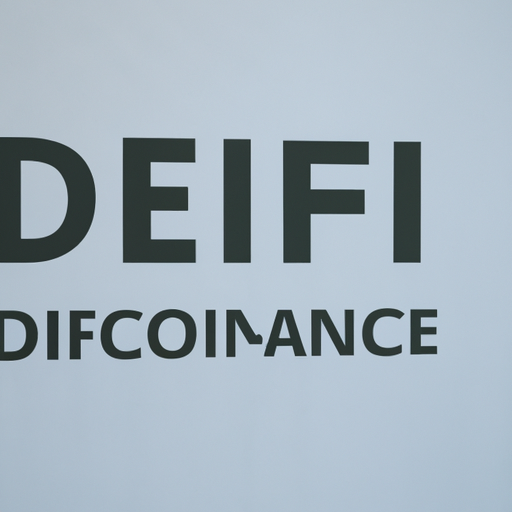In recent years, Decentralized Finance (DeFi) has emerged as a revolutionary movement within the financial industry, utilizing blockchain technology to reshape how financial services are conceived and delivered. This blog post dives deep into what DeFi is, its benefits, and how it’s changing traditional finance.
What is Decentralized Finance (DeFi)?
DeFi refers to a financial ecosystem that operates without a central authority, allowing individuals to engage directly in financial transactions using smart contracts on the blockchain. Unlike traditional finance, which relies on banks and intermediaries, DeFi eliminates these middlemen, creating a transparent, secure, and more inclusive financial system.
Key Components of DeFi
- Smart Contracts: Automated contracts that execute transactions when predefined conditions are met.
- Decentralized Applications (dApps): Applications built on blockchain networks that allow users to interact directly with DeFi protocols.
- Liquidity Pools: Pools that provide liquidity for trading on decentralized exchanges, allowing users to earn interest on their digital assets.
Benefits of DeFi
Decentralized Finance offers a plethora of benefits:
- Accessibility: Anyone with an internet connection can access DeFi services, removing barriers present in traditional banking systems.
- Lower Costs: By eliminating intermediaries, users can benefit from lower fees for financial transactions.
- Transparency: All transactions on the blockchain are public and verifiable, fostering trust among users.
Challenges Facing DeFi
While DeFi presents numerous advantages, it is not without its challenges:
- Security Risks: Smart contracts can be vulnerable to hacks and exploits if not properly audited.
- Regulatory Uncertainty: As DeFi grows, regulators worldwide are trying to catch up, creating an unclear legal landscape.
- Market Volatility: The value of digital assets can be highly volatile, impacting users’ financial stability.
Conclusion
Decentralized Finance (DeFi) is rapidly transforming the landscape of financial services, offering more accessible, efficient, and transparent solutions than traditional systems. As blockchain technology evolves and matures, the potential for DeFi to further disrupt traditional finance seems limitless. It is crucial for individuals, investors, and stakeholders to stay informed and navigate the opportunities and challenges that come with this innovative financial frontier.




